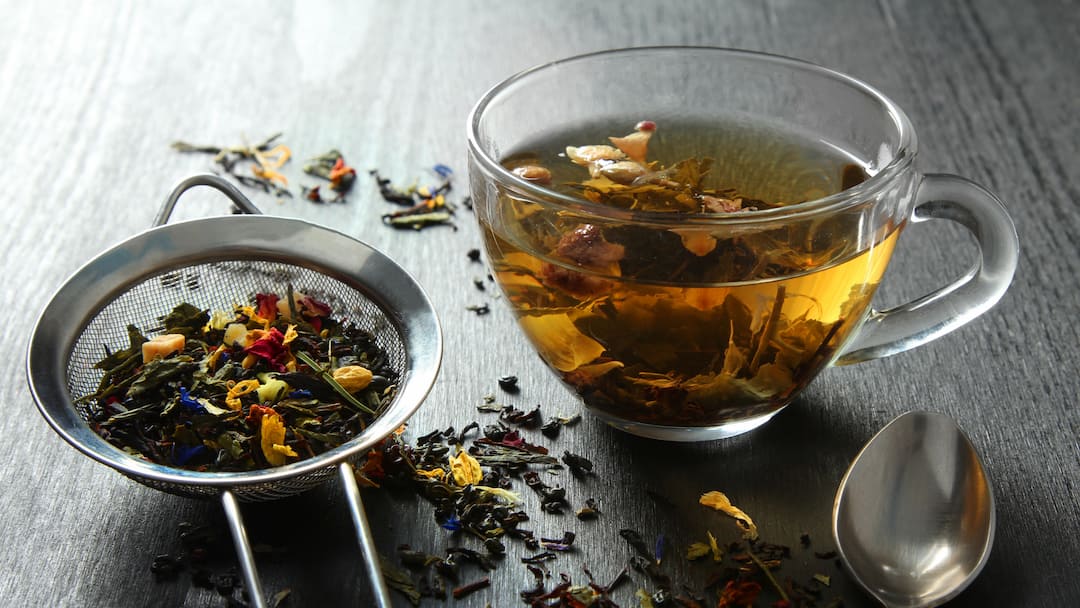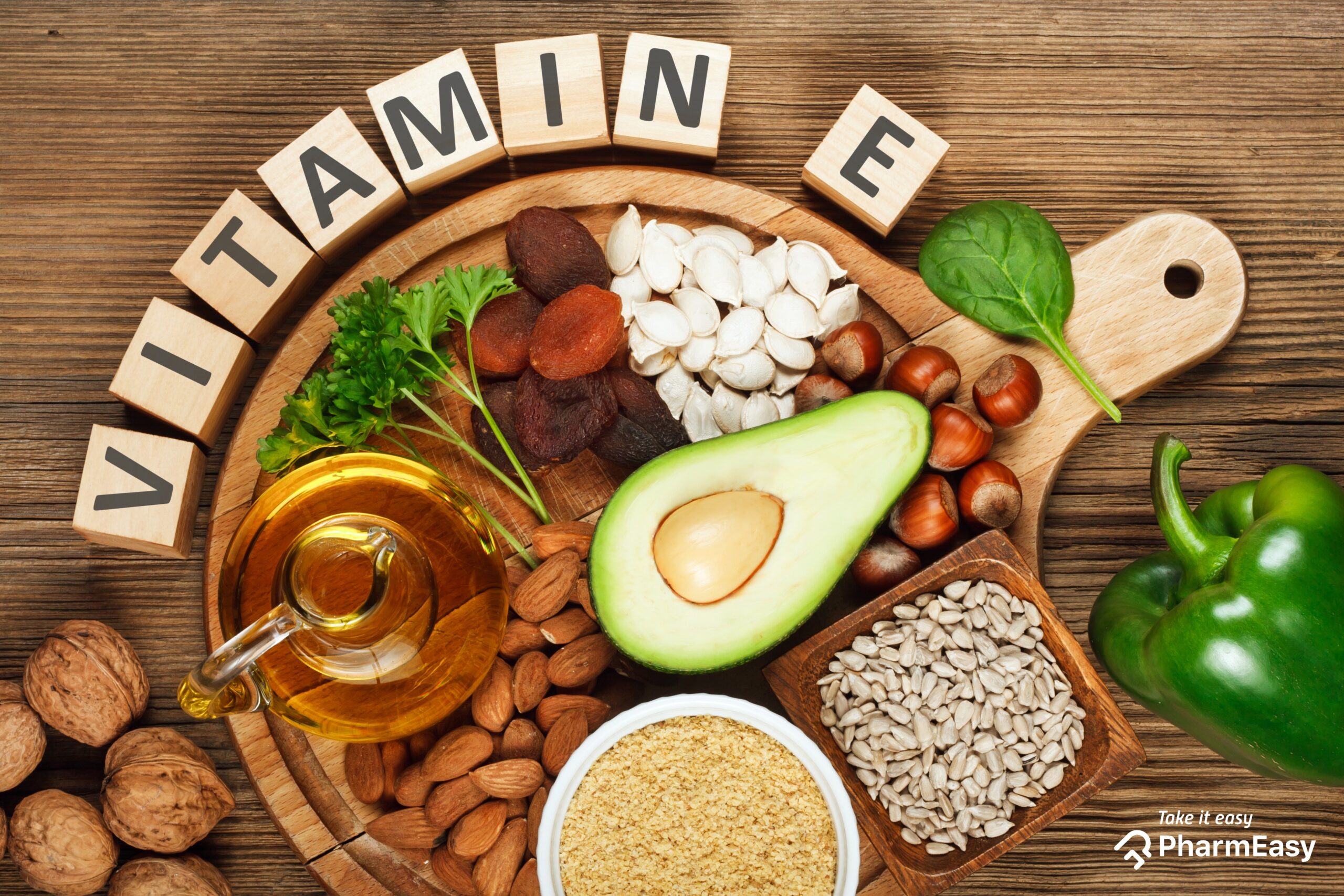Bloating and gas can be uncomfortable and often disrupt our daily lives. Whether caused by indigestion, overeating, or certain food choices, finding relief is essential for our overall well-being. While there are several remedies available, herbal teas have gained popularity for their natural and soothing properties.
Understanding Bloating and Gas
Before we dive into the herbal teas that can provide relief, it’s important to understand what causes bloating and gas. Bloating occurs when your abdomen feels full and tight, often accompanied by visible swelling. Gas, on the other hand, refers to the build-up of air in your digestive system, leading to burping or flatulence. These conditions can be caused by several factors, including:
Food Intolerances: Some individuals may have difficulty digesting certain types of food, such as lactose or gluten, leading to bloating and gas.
Overeating: Consuming large meals or eating too quickly can put pressure on your stomach, causing bloating and gas.
Digestive Disorders: Conditions like irritable bowel syndrome (IBS) or inflammatory bowel disease (IBD) can contribute to bloating and gas.
Eating Gas-Producing Foods: Certain foods, such as beans, lentils, broccoli, cabbage, and carbonated drinks, can produce excess gas in the digestive system.
The Benefits of Herbal Tea
Herbal teas have been used for centuries for their potential health benefits. These teas are made from various plant parts, including leaves, flowers, roots, and seeds, and can be enjoyed hot or cold. When it comes to relieving bloating and gas, herbal teas offer several advantages:
Natural Digestive Aid: Many herbal teas contain compounds that help stimulate digestion and alleviate gastrointestinal discomfort.
Soothing Properties: Herbal teas possess calming and anti-inflammatory properties, which can help relax the digestive system and reduce bloating and gas.
Hydration: Staying hydrated is crucial for proper digestion, and herbal teas provide a delicious and hydrating alternative to plain water.
Rich in Antioxidants: Herbal teas are often rich in antioxidants, which can support overall health and contribute to a balanced digestive system.
5 Herbal Teas for Relief from Bloating and Gas
Now let’s explore five herbal teas that have shown promise in providing relief from bloating and gas:
Peppermint Tea
Peppermint tea is one of the most popular herbal teas for digestive issues. It contains menthol, a compound known for its soothing and antispasmodic properties. Peppermint tea can help relax the muscles of the gastrointestinal tract, relieving bloating, gas, and abdominal discomfort.
To prepare peppermint tea, steep 1 teaspoon of dried peppermint leaves in a cup of hot water for 5-10 minutes. Strain the tea and enjoy it warm. You can also add a touch of honey or lemon for extra flavor.
Ginger Tea
Ginger has long been used as a natural remedy for digestive problems. Ginger tea can help stimulate digestion, relieve inflammation, and reduce bloating and gas. It contains gingerol, a bioactive compound with potent antioxidant and anti-inflammatory effects.
To make ginger tea, grate or thinly slice fresh ginger root and add it to a cup of boiling water. Let it steep for 10-15 minutes, then strain and drink. You can add honey or lemon if desired.
Chamomile Tea
Chamomile tea is well-known for its calming properties, making it an excellent choice for relieving bloating and gas caused by stress or anxiety. Chamomile contains chamazulene, an antioxidant compound that helps reduce inflammation in the digestive system.
To prepare chamomile tea, steep 2-3 teaspoons of dried chamomile flowers in hot water for 5 minutes. Strain the tea and enjoy it before or after meals.
Fennel Tea
Fennel tea has been used for centuries to aid digestion and alleviate bloating and gas. It contains anethole, a compound that helps relax the muscles in the digestive tract, reducing spasms and promoting smooth digestion.
To make fennel tea, crush a teaspoon of fennel seeds and add them to a cup of boiling water. Let it steep for 5-10 minutes, then strain and sip slowly.
Lemon Balm Tea
Lemon balm tea is known for its calming and carminative properties, making it beneficial for relieving bloating and gas. It helps soothe the digestive system and can reduce discomfort caused by indigestion.
To prepare lemon balm tea, steep 2 teaspoons of dried lemon balm leaves in hot water for 5-10 minutes. Strain and enjoy the tea while it’s warm.
How to Prepare and Consume Herbal Teas
To make the most out of your herbal teas for bloating and gas relief, follow these tips:
Use high-quality herbs: Ensure you’re using fresh or dried herbs from reputable sources for the best results.
Steeping time: Pay attention to the recommended steeping time for each herbal tea to extract the beneficial compounds effectively.
Temperature: Use water at the appropriate temperature, as different teas may require different water temperatures.
Sip slowly: Take your time while drinking herbal teas, allowing the beneficial compounds to work their magic on your digestive system.
Be consistent: For long-term relief, consider incorporating herbal teas into your daily routine.
Additional Tips for Reducing Bloating and Gas
In addition to herbal teas, the following lifestyle and dietary changes can help reduce bloating and gas:
Eat Mindfully: Chew your food thoroughly and eat at a relaxed pace to avoid swallowing excess air.
Identify Trigger Foods: Keep a food diary to identify foods that may trigger bloating or gas and consider reducing or eliminating them from your diet.
Stay Hydrated: Drink plenty of water throughout the day to support proper digestion and prevent dehydration, which can worsen bloating.
Regular Exercise: Engage in regular physical activity to promote healthy digestion and reduce bloating.
Manage Stress: Stress can contribute to digestive issues, so practice stress-management techniques like meditation or yoga.
FAQs
Q: Can I drink herbal tea every day?
A: Yes, you can drink herbal tea every day. However, it’s essential to choose herbal teas that suit your specific needs and consult with a healthcare professional if you have any underlying medical conditions or are taking medications.
Q: How long does it take for herbal tea to relieve bloating and gas?
A: The time it takes for herbal tea to relieve bloating and gas can vary from person to person. Some people may experience immediate relief, while others may notice gradual improvements over time. Consistency and incorporating other healthy habits can enhance the tea’s effectiveness.
Q: Are there any side effects of consuming herbal teas?
A: Most herbal teas are safe for consumption and have minimal side effects. However, some individuals may be allergic to certain herbs or experience mild digestive discomfort. It’s best to start with small amounts and observe how your body reacts. If you have any concerns, consult with a healthcare professional.
Q: Can children drink herbal teas for bloating and gas relief?
A: It’s always advisable to consult with a pediatrician before giving herbal teas to children, especially if they have specific health conditions or are taking medications. Some herbal teas may not be suitable for children, and it’s important to consider their age and overall health.
Q: Can herbal teas replace medical treatment for digestive issues?
A: Herbal teas can provide relief for mild bloating and gas, but they should not replace medical treatment for chronic or severe digestive issues. If your symptoms persist or worsen, it’s crucial to seek professional medical advice for a proper diagnosis and treatment plan.
Conclusion
Bloating and gas can be uncomfortable, but relief is within reach. Incorporating herbal teas into your routine can provide a natural and soothing solution for these digestive issues. Peppermint, ginger, chamomile, fennel, and lemon balm teas have shown promise in relieving bloating and gas. Remember to prepare and consume herbal teas mindfully, and consider implementing additional lifestyle and dietary changes for long-term relief. Embrace the power of nature and find comfort in a cup of herbal tea.






